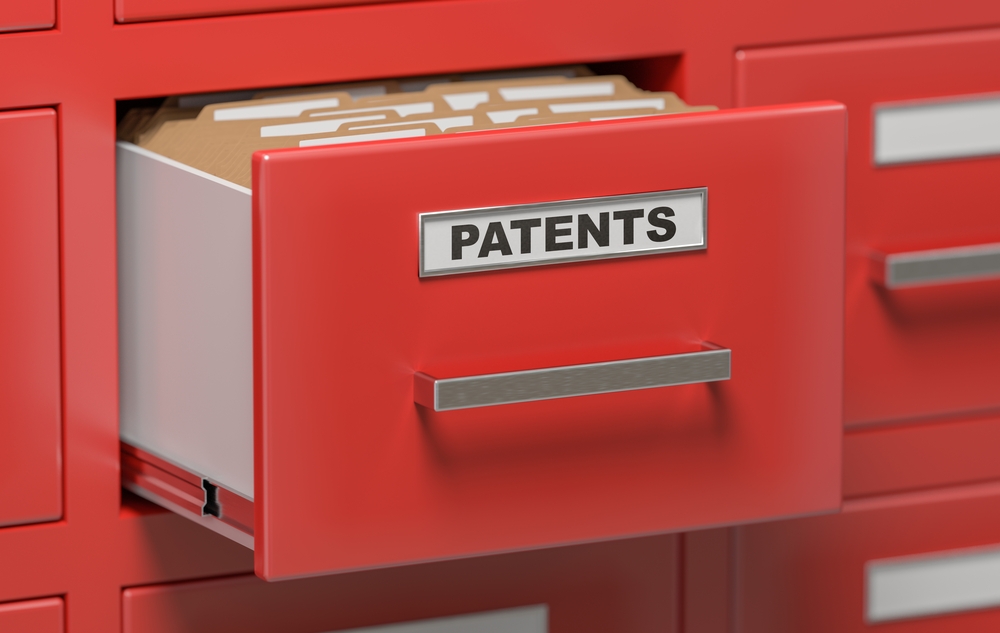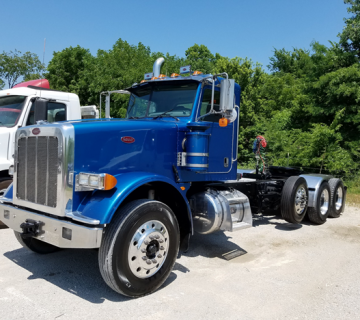Businesses that rely on technical inventions and trying to obtain patent protection in European countries can opt to file a patent application at national patent offices or a single application at the European Patent Office (EPO). To be patentable, an invention must be new, or it involves an inventive step, and it is physically possible to produce it. It can be a product, an apparatus or a process. Patents grant the right to keep other parties from producing, selling or using an invention without approval from the owner.
Questions to Answer Before Applying for a Patent
Patenting inventions may fail for reasons that might not have anything to do with intellectual property. There may be little chance to be granted patent if the market demand is low or if the design is not practical or if it cannot be produced realistically. To help you avoid mistakes with inventions and intellectual property, here are some questions you need to raise prior to seeking a patent.
- Do you really need a patent? Assess if you truly need a patent or would there be other forms of Intellectual Property Rights to protect your invention or idea. Is there really a commercial need or do you just like the idea of having your name on a patent?
- Have you assessed the cost? Patenting is quite costly, and, in assessing costs, it should include annual renewal fees. The earnings from your invention should justify the cost of patenting. To answer this, you need to study the commercial potential of the invention.
- Is it the right time to apply? Patent application involves a sequence that cannot be delayed. Sometimes, applying later is better especially when considering the market readiness for the invention or when it is more capable of regaining costs. You should consult a patent attorney, as circumstances vary.
- How long is your invention’s life cycle? The process of patenting takes 3 to 4 years. If your invention belongs to a highly competitive market where products rapidly change, the patent may not be worth its value by the time it is granted.
- Who will pay for enforcement of the patent? The National Intellectual Property offices do not monitor patents or enforce them. This is the work of the licensee or owner of the patent. Limited practical protection is offered until funds are available from sales or royalties.
- What is the strength of your claims? To answer this, you need the advice of a European patent attorney. The validity of claims is always challenged by competitors who aim to recreate a similar product. If they win, you might end up having a valueless patent and an obligation to pay the competitor’s legal expenses.
Before seeking a patent, it is crucial to reduce risks and control costs. Inventors need to learn these skills to have a better chance of succeeding. Any business involves taking risks, but invention is riskier because it can be almost impossible to foresee how an unknown product performs in the market. Since most risk is financial, it is vital to control costs.



